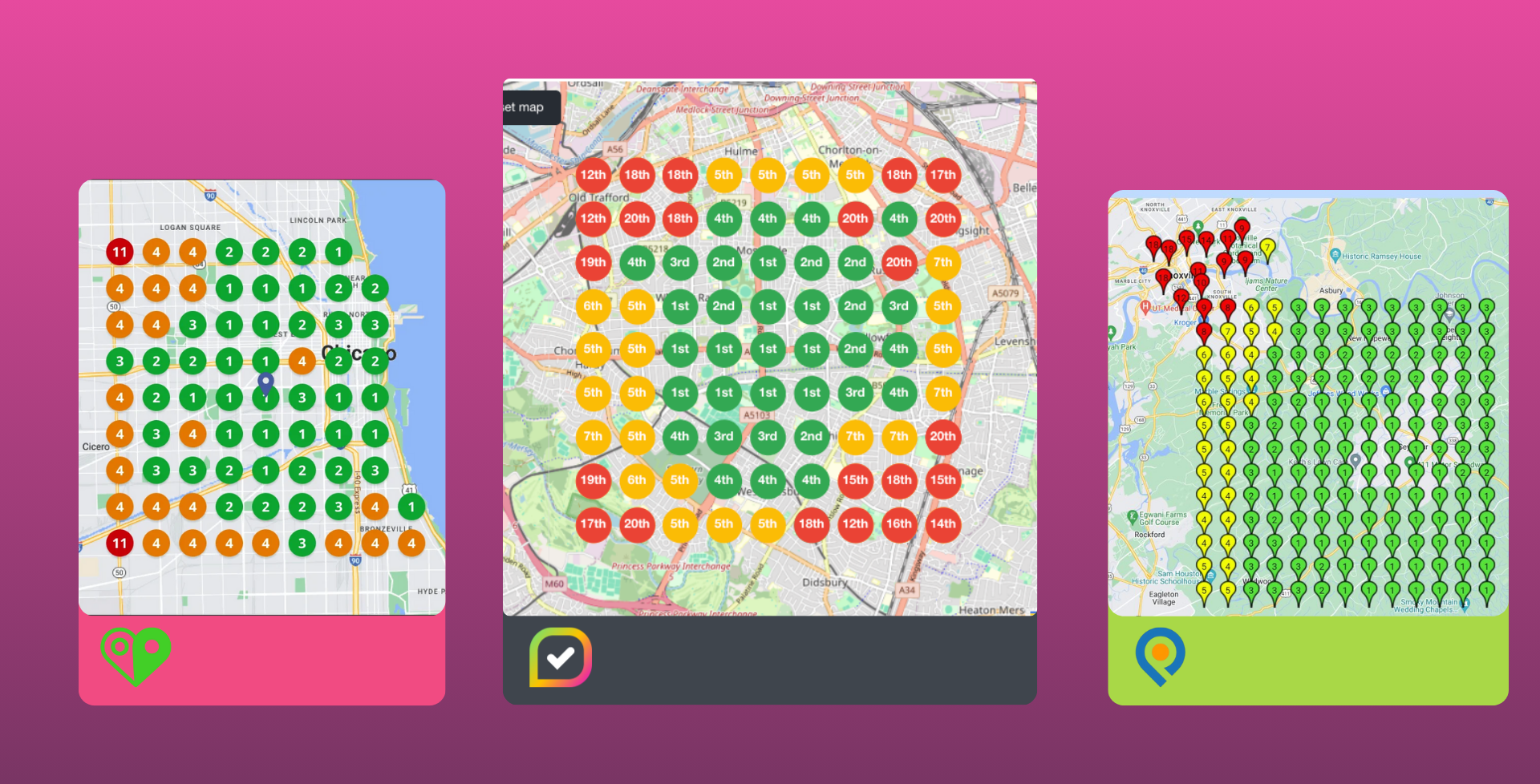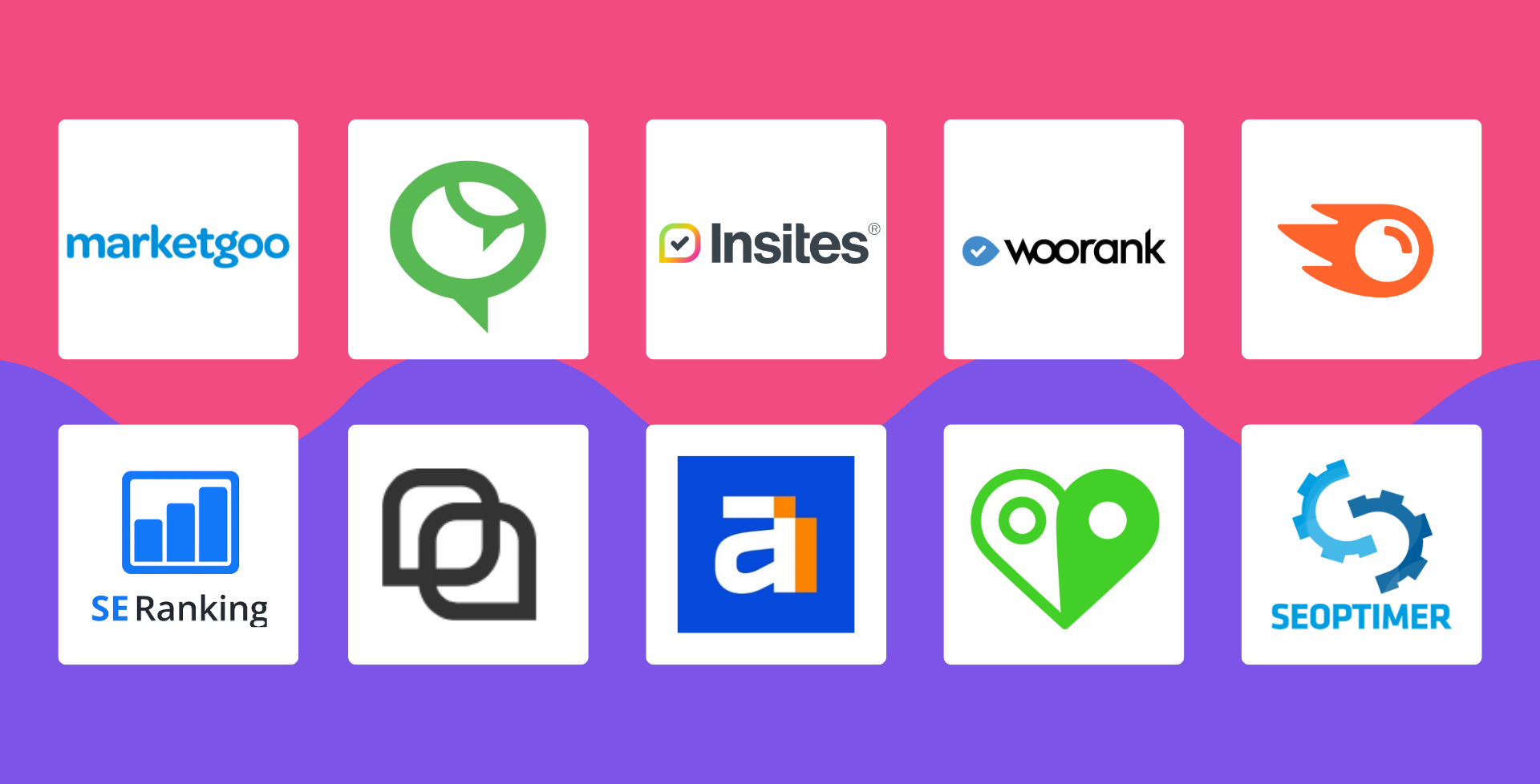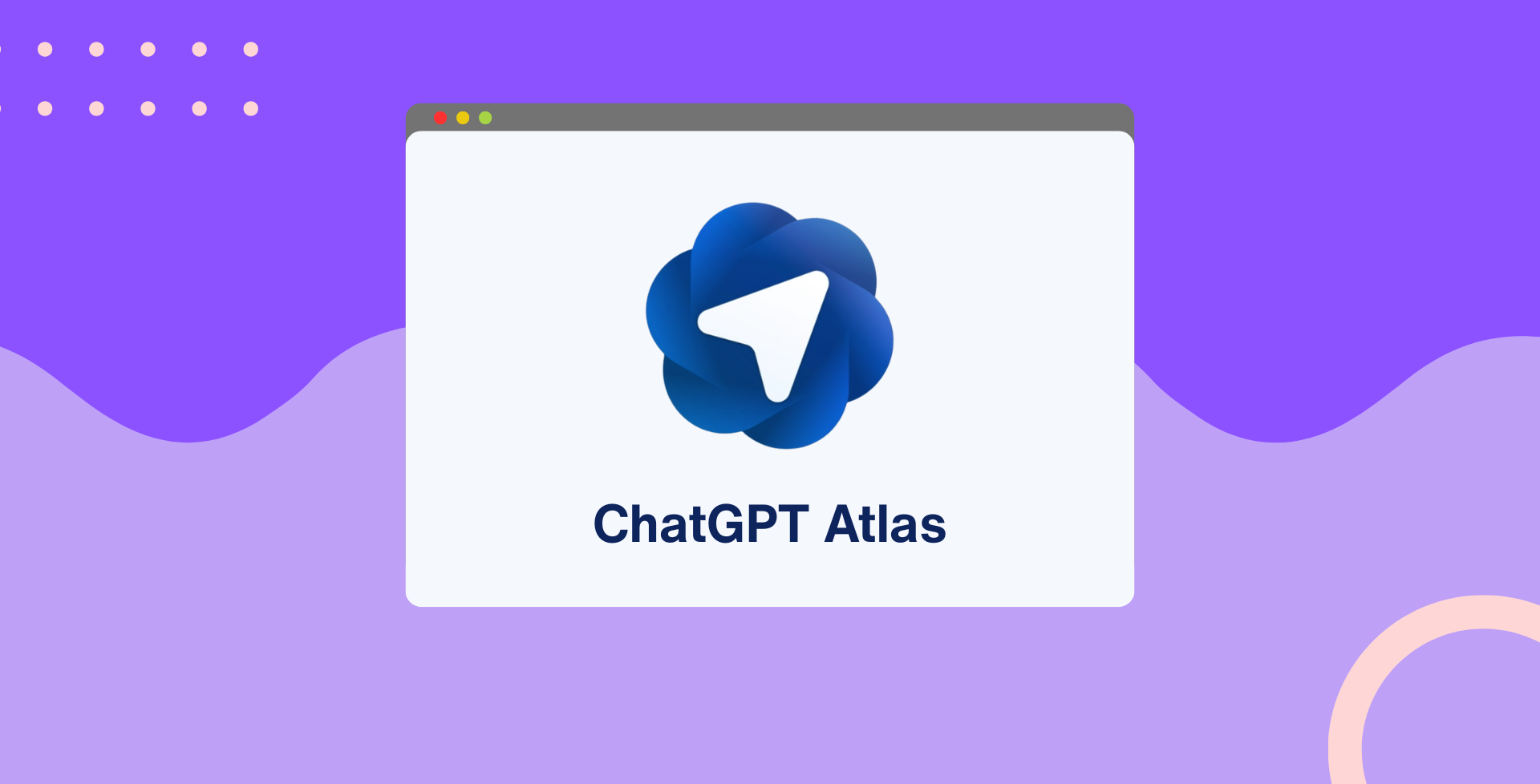How local keyword data helps close more digital marketing deals
Coral Wood • May 15, 2025
Let's face it - selling digital marketing solutions is tough, especially when you're doing it at scale. With everyone and their dog offering SEO services these days, standing out from the crowd comes down to how well you can show real value to potential clients. That's where local keyword data comes in as a game-changer for enterprise sales teams targeting SMBs.
So what's the secret sauce? How are the smartest sales teams using local keyword insights to transform their sales conversations and seal the deal?
The local search edge
When you're selling digital marketing to small businesses, understanding their local market position is everything. Unlike big national brands, local businesses are playing in their own backyard - a unique little ecosystem with its own competitive dynamics and customer search habits.
Local keyword data gives your sales teams solid evidence of:
- Where your prospects stand against those pesky local competitors
- Which specific search terms are driving nearby customers to businesses
- The opportunities they're missing in the local search landscape
- Clear areas they can improve right away
This local focus really hits home with SMB owners who care more about attracting customers down the street than building some grand national presence.
Turning competitor keyword data into proposals that pack a punch
Sales teams that leverage competitor keyword data consistently create proposals that make prospects sit up and take notice. By spotting exactly which competitors are outperforming them and on which terms, your sales agents can create super-targeted improvement strategies.
For example, instead of the yawn-inducing:
"We'll improve your SEO and help you rank better"
They can deliver the much more compelling:
"We've found that Plumber Pete is ranking in the top 3 positions for 'emergency plumbing Southampton' while you're currently stuck on page 2. With over 1,200 monthly searches for this term in your service area, moving up just a few positions could bring in a ton more enquiries."
That kind of specificity shows both expertise and potential ROI—two things SMB owners are looking for before they sign on the dotted line.
Scripts that won't make SMB owners' eyes glaze over
Let's be honest - many SMB owners aren't tech wizards. Talking about SEO concepts can make their eyes glaze over faster than you can say "meta description." Smart sales teams have developed scripts that translate complex keyword data into conversations that actually make sense to normal humans.
Here's a framework that works:
- Start with where they are now: "Currently, when people in your area search for [high-value keyword], your business shows up [position]."
- Show them what they're missing: "But get this - there are [X number] of people searching for [related keyword] every month, and you're nowhere to be seen."
- Point out who's eating their lunch: "Meanwhile, [Competitor A] and [Competitor B] are scooping up all this business because they appear at the top of these searches."
- Offer the solution: "By tweaking your online presence to target these specific terms, we can help you grab some of this existing demand."
- Show them the money: "If we could get you just 10% of these searches, that's roughly [X number] potential new customers every month."
This approach keeps the conversation focused on business outcomes rather than technical mumbo-jumbo, making it digestible for anyone.
Creating FOMO with keyword trend data
The savviest sales teams use keyword trend data to create a healthy dose of FOMO (fear of missing out). By highlighting emerging search trends in the prospect's industry or location, sales agents can show what they're leaving on the table by waiting.
Some effective approaches include:
- Showing seasonal keyword trends that matter to their business
- Highlighting increasing search volume for specific services
- Demonstrating competitor movement for valuable terms
- Pointing out new local search opportunities they're completely missing
This data-driven approach transforms "you should probably improve your digital marketing" into "you're currently missing out on business that's actively looking for you right now."
Showing the money with keyword value calculations
Perhaps the most powerful closing technique involves connecting keyword performance directly to cold, hard cash. By estimating the potential value of ranking for specific keywords, sales teams provide tangible ROI projections that speak the universal language of business: profit.
A simplified but effective formula includes:
- Monthly search volume for target keywords
- Expected click-through rate based on position
- Typical conversion rate for the industry
- Average value of a new customer
This calculation allows the sales agent to make statements like:
"Based on our analysis, ranking in the top three positions for these local keywords would bring about 150 additional visitors to your website monthly. At an industry-standard conversion rate of 3%, that's 4-5 new customers per month. With your average customer value of £2,000, we're talking a potential revenue boost of £8,000-£10,000 monthly."
This approach shifts the conversation from "this costs too much" to "I can't afford NOT to invest in this."
From data to done deal: Closing techniques that actually work
The most successful sales teams weave local keyword data throughout their entire closing process:
- Before the first call: Do some quick keyword digging to spot clear opportunities
- During discovery: Ask targeted questions about services that seem to be underperforming based on keyword data
- In the proposal: Include specific keyword targets and expected improvements
- During negotiation: Connect specific keyword improvements to business outcomes
- After signing: Set clear expectations about which keyword improvements will be tackled first
By integrating keyword data throughout the sales process, signing the contract becomes the natural next step rather than a high-pressure moment.
Data-driven sales that actually scale
For enterprise sales teams looking to boost conversion rates, local keyword data offers that perfect sweet spot between scalability and personalisation. It lets you quickly qualify leads, create targeted proposals, and demonstrate compelling value without having to spend ages researching each prospect manually.
By bringing local keyword analysis into your sales process, you transform generic digital marketing pitches into specific, value-driven conversations that resonate with SMB owners and lead directly to more signed contracts.
The future of digital marketing sales isn't about selling services - it's about spotting and communicating specific opportunities. Local keyword data gives you exactly the evidence you need to close more deals with confidence.


























